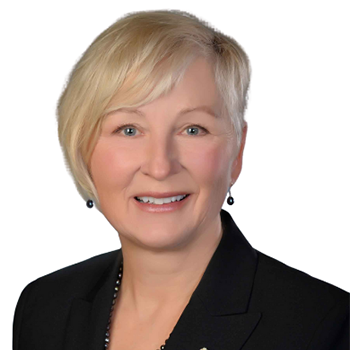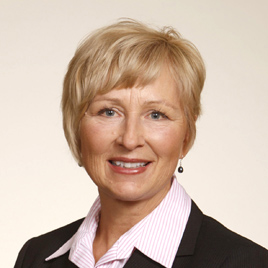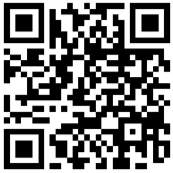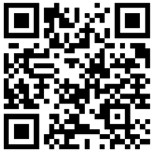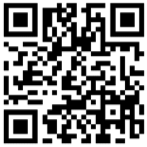Imagine if you will, a Saskatchewan where every provincial decision must first comply with rules crafted by the Government of Canada.
We saw this very scenario recently when the Minister of Health stated he was ‘BLINDSIDED” by the federal government’s claw back of $750,000, just days after negotiating a health care deal. The Trudeau government used the excuse that Saskatchewan’s MRI program does not comply with the fed’s model of health care.
It’s never been a secret that the federal government does not like our solution to shortening the waitlist for MRIs. We have known this since the day it started. Armed with that knowledge, why didn’t this government negotiate a clause in the health agreement that we would not be penalized for our made-in-Saskatchewan MRI program?
In another recent example, the province giddily proclaimed as its own, the $10.00 a day Childcare Program, which is heavily funded by the federal government. Almost immediately it backfired. Childcare facility owners found themselves having to cut spaces for certain clients in order to take on new clients that would be in compliance with the program.
When I asked the government in the house why almost every announcement they make is in partnership with the federal government, the Finance Minister admitted that there are numerous programs with federal ‘strings attached’, including in health care, agriculture, infrastructure, housing, mental health and more.
It might have been advantageous to make deals with the feds not so long ago. But with this federal government, alarm bells should be ringing. The latest telegraphing moment by Attorney General David Lametti committing to ‘look into’ rescinding provincial responsibility over resources is yet another symptom.
So, while the province is chasing carrots of freshly printed federal dollars, it must relinquish authority of how that money is spent, essentially creating ‘central governance by proxy’.
Surely by now the provincial ministers know that this federal government has an agenda that has no qualms about running roughshod over the people of Canada, and in particular, the people of Western Canada.
In recent weeks, farmers attending town hall meetings are questioning the expansion now underway of the Premises Identification (PID) program. This is a federal program implemented by the province with a goal to track every livestock animal (including rabbits), no matter what the size or scale of the property. Even tiny hobby farms are caught in this net. In fact, it is the government that decides how many animals you are allowed to keep. The rational centers around disease tracking or if an emergency is declared.
After the events of the last few years, trust in government by the people is at an all time low. The bar has been set extremely low as to what the threshold for an emergency is. No one really knows as it is not well defined. Under this federal government, an emergency could be any pretense that hurts the economy. People just don’t trust government not to abuse the authority entrusted to them.
In Saskatchewan, part of that mistrust was formed when we witnessed Premier Moe completely reverse his stated position after meeting with the Prime Minister. It’s almost as though when it comes to Saskatchewan sovereignty, Premier Moe is playing checkers while the feds are playing 3-D chess.
The people of Saskatchewan need this provincial government to connect the dots, figure out the end game and protect our lifestyle and heritage.

